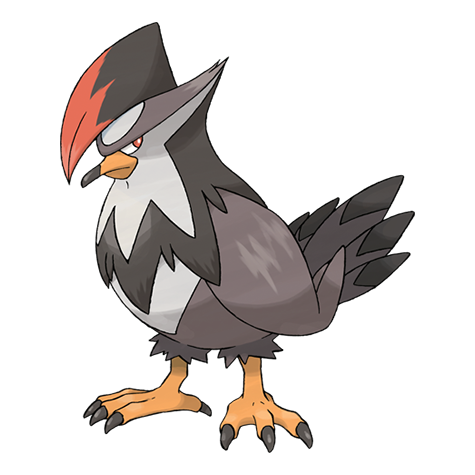I heard something to do with Nitrogen and …cow farts(?) I am really unsure of this and would like to learn more.
Answer -
4 Parts
- Ethical reason for consuming animals
- Methane produced by cows are a harmful greenhouse gas which is contributing to our current climate crisis
- Health Reasons - there is convincing evidence that processed meats cause cancer
- it takes a lot more calories of plant food to produce the calories we would consume from the meat.
Details about the answers are in the comments


I’m not a meat eater personally.
But I don’t understand why people who like to eat meat don’t eat human.
I think there are, or have been, some who do. It’s seems cultural, and a bit of a luxury to be wasteful.
I don’t think there’s any socially agreed line between “good” and “bad”.
I reckon people mostly do what their culture prefers or tolerates.
Different cultures have different ranges of acceptable behavior from different people fulfilling different roles within them . Most people are members of many sub-cultures going right down to small family groups , professional associations, work-teams, sports teams and so on. There’ll be some sort of consequence for transgression, maybe verbal shaming, spitting in someone’s beer, withheld services, exclusion from jobs, or expulsion from the group.
Sometimes people (in power) agree to put in laws and expend resources on enforcement instead of cultural norms; probably because the clashes within or between (sub)cultures and the inconsistent treatment of transgressions becomes too costly or disruptive.
That’s when you get a “line” that says “wrong”, once its been put into an enforced law. Even then the law, and enforcement, is always still a bit blurry. partial, and biassed so it’s really just a formalisation of the process for administering the consequences of transgression.
i think it is possible to find things that look similar in other social animals too like, other apes, wild dogs, things with pecking orders , rats and so on. I wonder if there are even roles similar to " police" in some non-human cultures?